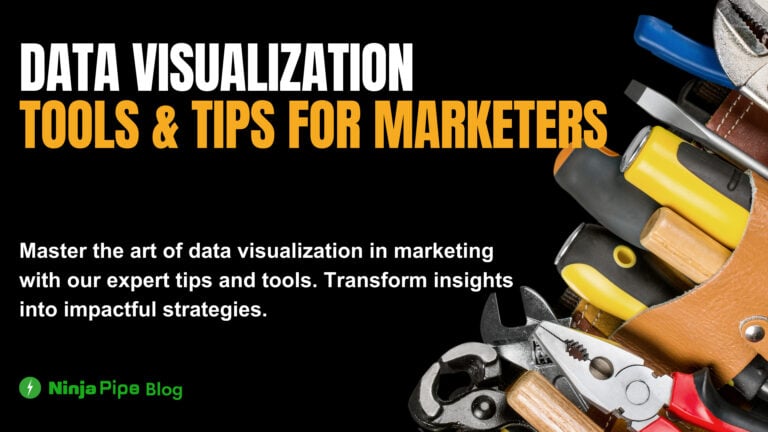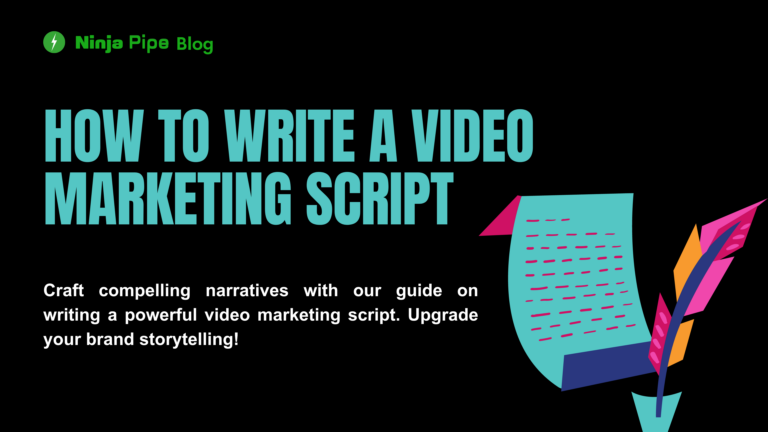Unlock the power of AI in digital marketing with our comprehensive guide. Elevate strategies, enhance engagement, and stay ahead of the curve.
Introduction:
AI has transcended its once futuristic image to become a game-changer in the world of digital marketing. Today, it serves as the driving force behind personalized ads, predictive analytics, and enhanced customer experiences. In this guide, we’ll delve into the realm of AI in digital marketing, exploring its meaning, practical applications, notable examples, and the tools reshaping the landscape.
What is AI in Digital Marketing?
AI in digital marketing harnesses the capabilities of artificial intelligence, including data collection, natural language processing, machine learning, and data analysis. It goes beyond automating tasks; it extracts valuable customer insights, tailoring responses based on behaviors and preferences. AI evolves over time, adapting and improving through feedback and fresh data, offering marketers opportunities for unprecedented personalization.
How to Use AI in Digital Marketing:
As AI technologies become more accessible, companies are integrating them into daily tasks, from content creation and automation to SEO and design. Marketers leverage AI for content generation using tools like ChatGPT and Jasper, saving time and resources. Customer service benefits from AI-driven chatbots, enhancing interactions, and personalizing content. AI’s role extends to customer segmentation, SEO optimization, Pay-Per-Click advertising, data analytics, and email marketing.
AI Digital Marketing Tools:
While ChatGPT may be the most talked-about generative AI tool, there are so many more out there that are helping marketers in their daily roles. They can help marketers in a variety of functions from content generation to automation to SEO and design.
Here are some of the most effective AI tools out there:

An AI-powered CRM and sales automation platform for lead management and sales pipeline automation. It offers features such as lead capture, sales pipeline management, and AI automation to enhance sales and customer relationship processes.

A content generation and optimization tool designed for augmenting content production

A highly-rated content generation tool that can repurpose content and includes an AI writing assistant

Generative AI that can convert natural language prompts into images

A customer data platform with AI-based marketing functions

Helps automate workflows by connecting apps and services that your company uses

Provides an interactive customer experience using NLP to respond to customers on social platforms including WhatsApp

Uses AI and machine learning algorithms to improve customer experiences in real-time

A cloud-based on-page optimization tool that analyzes and compares your pages against what currently ranks on the SERPs

Similar to ChatGPT but more suitable for research as it uses web citations in a clearer way.
Examples of AI in Digital Marketing:
AI’s influence extends across various digital channels, evident in social media campaigns, automation of tasks, and digital advertising. Notable examples include Sephora’s AI chatbot-powered shopping service, delivering tailored experiences, and The Economist using AI-driven programmatic advertising to engage ‘reluctant readers.’ Netflix, a pioneer, effectively employs AI in its recommendation system, offering personalized content based on user behavior.

The Pros & Cons of AI Digital Marketing:
Embracing AI in digital marketing offers numerous advantages, such as boosted productivity, efficiency, data-driven insights, increased ROI, content creation and optimization, and personalized experiences at scale. However, challenges include potential biases, inaccuracies, ethical concerns, data sensitivity, security issues, and the need for transparency.
The Most Common Skills Used in AI Digital Marketing:
Effectively utilizing AI in digital marketing requires a blend of technical and soft skills. Technical skills include data management, analysis, testing, content personalization, marketing automation, and process improvement. Additionally, strategic thinking, innovation, creativity, and agile thinking are crucial soft skills sought by companies in the context of AI.
Conclusion: AI in Digital Marketing:
In navigating the AI-driven future of marketing, understanding and mastering this technology should be seen as an opportunity rather than a threat. AI serves as a valuable ally, freeing marketers from routine tasks and enabling a focus on creativity and strategy. By acquiring both technical and soft skills, marketers position themselves for success in a landscape where AI is not just a tool but a transformative force. Embrace AI, gain new skills, and elevate your role in the dynamic world of digital marketing.







Leave a Comment